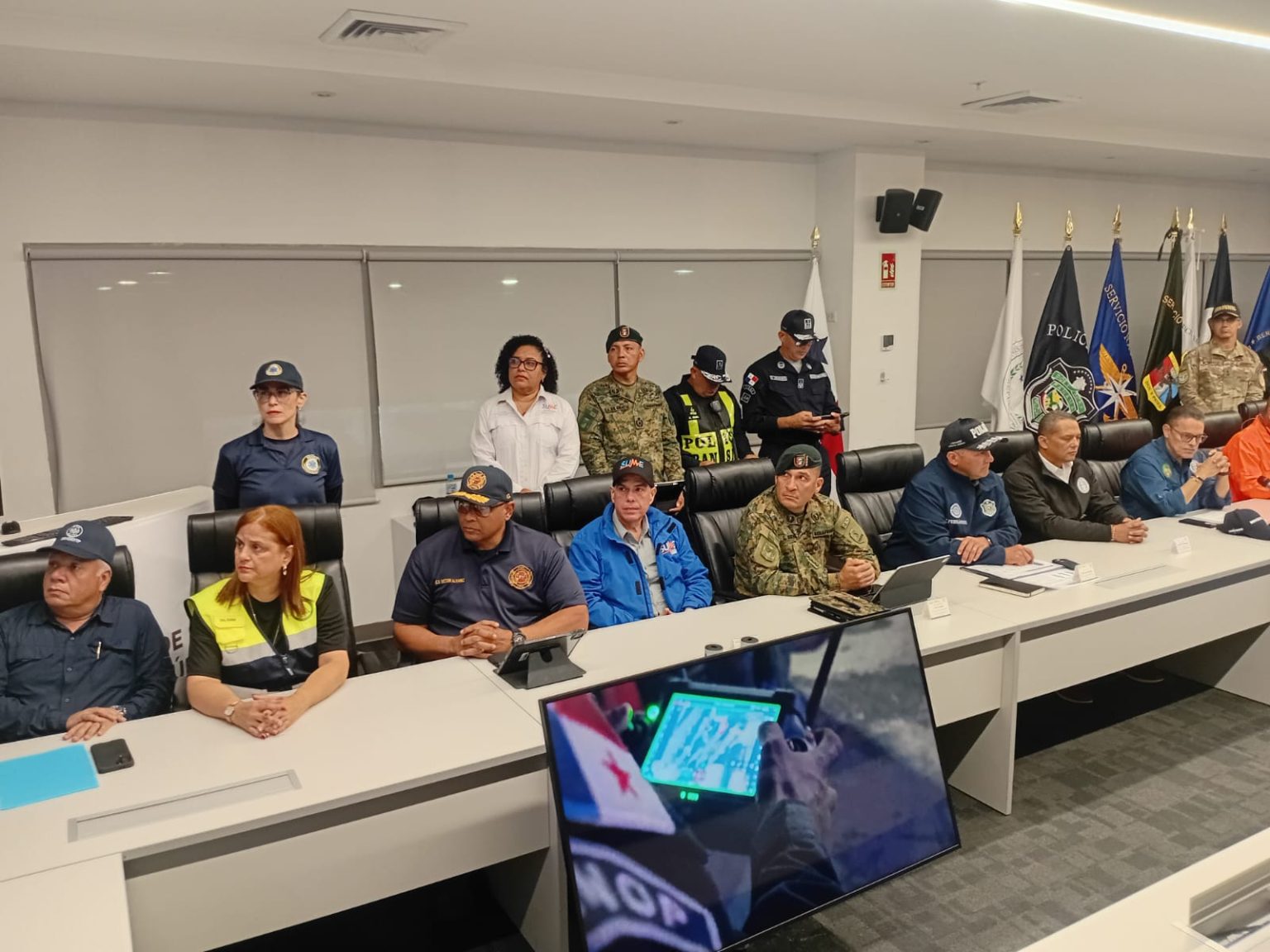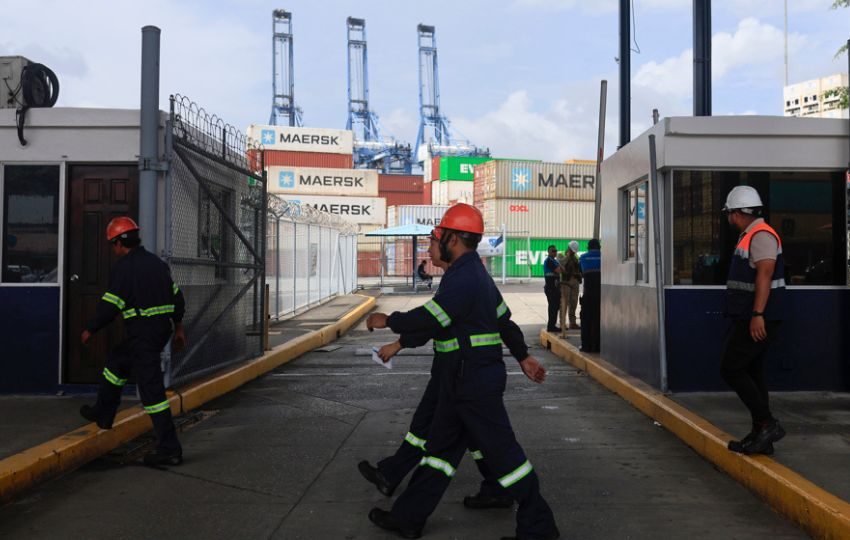Logistics, A Central American Fetish

WHILE IT’S MONEY in the pocket for every grandstanding politician and every wannabe business consultant, logistics in Central America is a much talked about theme on which no action is actually taken says Central America Data .com
A recent editorial read: Logistics is vital for sustainable economic development, and it is perhaps the area of business management that has made the greatest strides in the last 50 years. Information Technology and real-time communications are based on these developments, but the main factor of modern logistics are the facilities that globalization has brought, having torn down trade borders.
Central America, because of its geographical location, could be the logistics hub of the Americas, as Singapore is in Asia and Rotterdam is in Europe. Awareness of this has lead to every Central American who claims to be well informed to talk about logistics as the savior of the poor economies of the region. But even Panama, self-styled as al ogistics hub, is only now ceasing to be the only the place with a sea crossing between two oceans, in order to try to really organize itself as such.
Throughout the entire region, you just have to say “LOGISTICS !!!” to get attention and be published the next day in every media outlet. “Logistics is salvation” cry the modern messiahs, and they announce and promise ports and airports, roads and dry canals, as they are incapable reaching any agreement with the country’s rulers, putting to one side the only real way to achieve sustainable development in Central America : real and effective integration through the disappearance of all trade borders. Intraregional trade which is free of tariffs, sanitary and pseudo bureaucratic obstacles, would significantly increase the productivity of the Central American economy, which need to stop being “the Central American economies,” in order to become just that: one economy with the power all its more than 40 million inhabitants.
The failure to grant a concession for Puerto La Union is a sad and powerful confirmation that logistics is much more than infrastructure. it begins with the political will to start talking seriously about these issues, leaving aside the paraphernalia advertised in ministerial meetings and by officials of all ranks, in favor of continuous communication (cheap and effective) via phone or Skype.
Without a productive “critical mass” to generate a real integration of their economies, Central America will never realize its potential as a logistics hub for the Americas.





